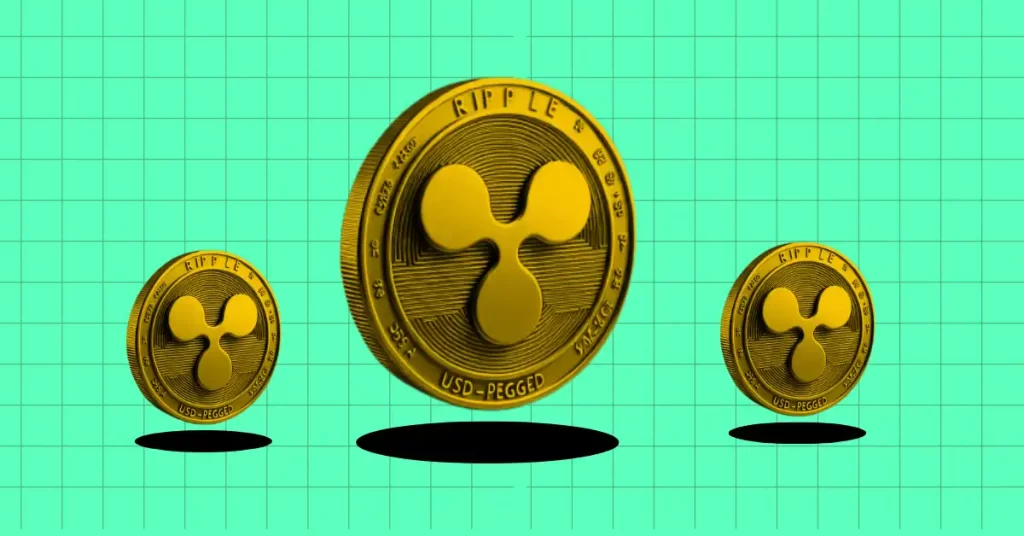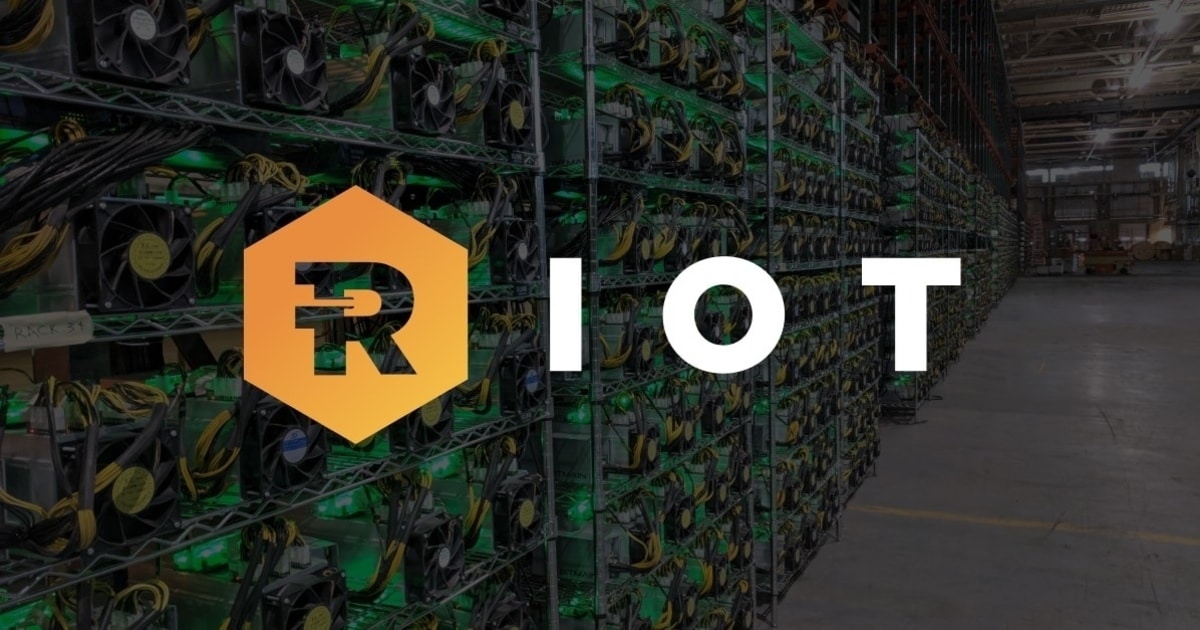Ripple Explores New Horizons with RLUSD Stablecoin and Potential XRP ETF

The post Ripple Explores New Horizons with RLUSD Stablecoin and Potential XRP ETF appeared first on Coinpedia Fintech News
Ripple’s President Monica Long, in an interview with Frank Chaparro on ‘The Scoop’, elaborated on the company’s plans to launch a US dollar stablecoin, RLUSD, and also discussed the potential for an XRP ETF. This follows a significant regulatory clarity gained from the US Courts last July concerning XRP’s status, not as a security but as a commodity, which has stimulated new business opportunities for Ripple in the US.
Long explained that the decision to introduce a stablecoin is driven by the needs of Ripple’s existing payment clients and banks while stressing the role of stablecoins in facilitating cost-efficient and transparent transactions.
She explained that the USD stablecoin aims to optimize efficiency in major payment corridors with abundant liquidity, such as USD to EUR transactions. In contrast, XRP will continue to serve as a bridge asset, particularly in more costly and less liquid payment corridors.
Ripple To Go Beyond Payments Into Broader Blockchain Solutions
She also underscored that stablecoins complement XRP in Ripple’s ecosystem which serves different needs in the payment landscape. Stablecoin development, with Ripple leveraging its robust partnerships and regulatory compliance to ensure that the new offering is accepted and trusted in the market.
Ripple is aiming beyond payments into broader blockchain solutions for enterprises. Ripple’s President explained the strategic shift as the team has identified new opportunities for Ripple to be a holistic enterprise blockchain infrastructure provider. This includes enabling financial institutions to engage in activities like real-world asset tokenization and providing end-to-end infrastructure for various financial services.
Concerns Over SEC’s Regulatory Stance
Despite Ripple’s legal victory, Long has expressed concerns over the ongoing regulatory challenges in the US and the SEC’s aggressive take on crypto regulation. Long stated ‘The clarity around XRP specifically has been very helpful, but the overall temperament of the US government, I mean the SEC, has not slowed down its war on crypto; it’s only accelerated’.
However, she also mentioned the positive developments internationally, where countries like Singapore and Brazil have implemented supportive regulations for crypto businesses. Long further added that places like Europe with the MiCA has been a tremendous turning point admitting the supportive environment for blockchain innovation in the regions.
The Possibility Of An XRP ETF
In regards to the potential US Spot XRP ETF, Long stressed upon the impact of legal clarification of XRP’s status and noted that with the clarified legal status of XRP as a non-security and its sustained high-trading volumes, the prospect of launching an ETF appears logical. She also asserted that the court ruling from last year makes the case for an XRP ETF even stronger.



